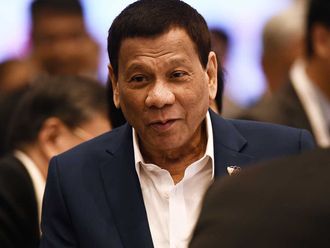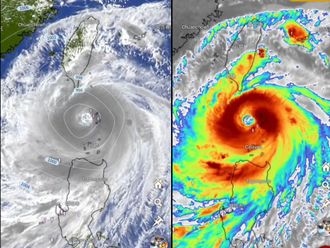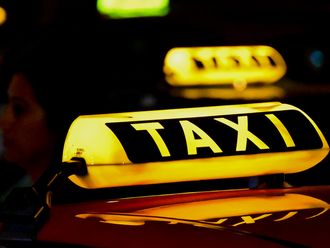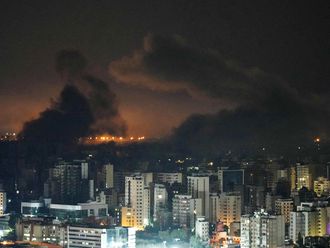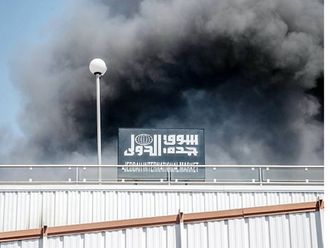Manila: Philippine President Benigno Aquino has won praise for targeting some of the country's most powerful figures in his war on corruption, but his bruising tactics have also left many people outraged.
Aquino's campaign moved into top gear as he used the force of his office to arrest his predecessor Gloria Arroyo before engineering the unprecedented impeachment of the country's top judge, Renato Corona, for allegedly protecting Arroyo.
"It is all political in nature. It's a game of the powerful. The president has revealed his desire to get what he wants at all cost," said student Carol Santos.
"What he did is good for reforms, but in principle, I don't like his means of doing it," said Sergio Tuason, another student. Debates of this nature have also intensified among public officials, especially in the Senate, which has virtually been transformed into a court to try Corona, following his speedy impeachment by Aquino's allies in the House of Representatives.
"Former dictator Ferdinand Marcos waited for seven years after his election in 1965 before he established a martial law rule in 1972. This time, with a stroke of genius, the president could establish control of the Congress and the judiciary if the chief justice is impeached at the Senate," said Senator Joker Arroyo, formerly an ally of Aquino's mother, former president Corazon Aquino, who has however chosen to be critical of her son.
"If the chief justice is impeached, President Aquino need not declare a martial law rule to show his strength," remarked Arroyo.
"If he succeeds in impeaching the Supreme Court justice, President Aquino could establish his vast power [which could be very dangerous for Philippine democracy]," said senator Miriam Santiago, also an opposition representative, one of those to decide on Corona's impeachment.
Scathing criticism from lawyers is also making the executive uneasy.
Roan Libaros, head of the Integrated Bar of the Philippines said that Aquino's seeming anti-law stance has a "chilling effect on lawyers and the country's rule of law".
Justice secretary Leila De Lima, a lawyer by qualification, defended her stance against the Supreme Court. She is allegedly investigating reports that the show of support for Corona last Wednesday was instigated by Corona himself, ignoring statements of the judges involved that they did it of their own volition.
"The president is not a dictator. That is a very wrong perspective. The president is making all these bold moves lest we may not be able to show concrete reforms at the end of his administration," said De Lima.
Other observers charged that the growth had slipped in the third quarter amid the political power play.




